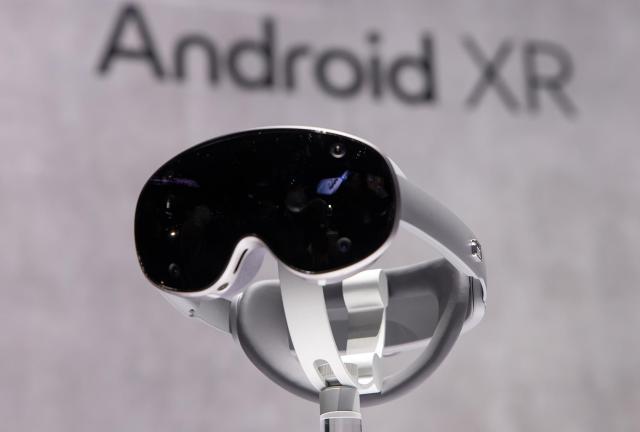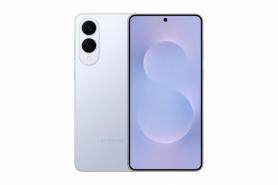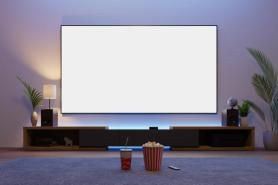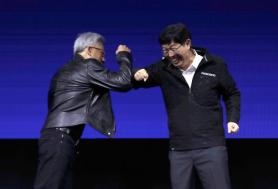
The partnership marks a significant push by two of tech’s most influential players to regain momentum in the XR sector, a broad category that encompasses augmented reality (AR), virtual reality (VR), and other technologies blending the physical and digital worlds.
According to a report released Tuesday by the research arm of KPMG Samjong Accounting, global XR patent filings have surged from just 738 in 2013 to 14,958 in 2023.
The growth suggests sustained innovation in the field, even as hype around the so-called metaverse — a term popularized during the pandemic — has cooled.
Microsoft holds a commanding lead in XR intellectual property, with 8,393 patents to its name, positioning it as the front-runner in AR and VR technology development. LG Electronics follows with 5,681 filings, with a focus on device portability and user experience. Intel, Meta, and Samsung round out the top five.
Despite Microsoft’s patent dominance, Meta currently leads the XR hardware market, claiming 60.5 percent of global device sales as of the second quarter of last year, according to industry data. Sony and Apple trail with 10.4 percent and 9.1 percent, respectively.
The competitive landscape is expected to shift in the second half of 2025, when Samsung is slated to launch its own XR headset, code-named Project Moohan.
The device, developed in collaboration with Google, is poised to leverage Google’s Gemini AI model for advanced contextual understanding and will support Android-based applications through Google Play — potentially giving it an edge in the evolving XR ecosystem.
Chinese tech firms are also stepping up their efforts.
This year, Rokid debuted AI-powered smart glasses incorporating Alibaba’s large language model, while TCL Technology introduced ultra-lightweight smart glasses equipped with ChatGPT-based features.
Copyright ⓒ Aju Press All rights reserved.




